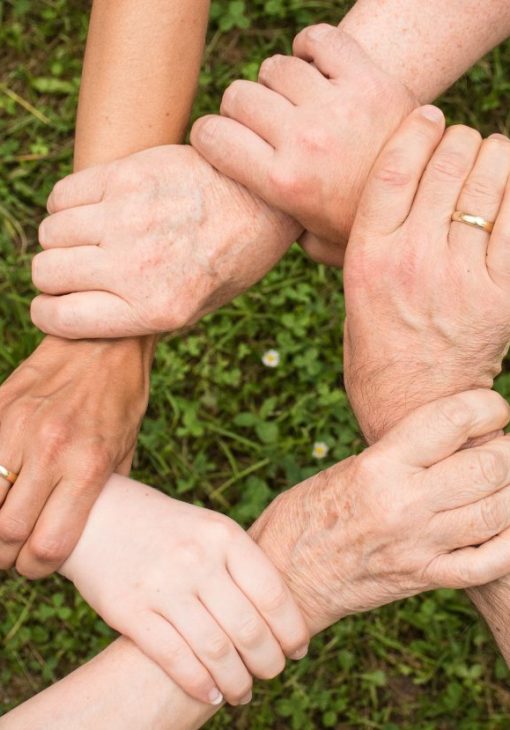DEFINING HUMAN RIGHTS
All human beings are born free and equal in dignity and rights. Human rights are rights inherent to all human beings, regardless of race, sex, nationality, ethnicity, language, religion, or any other status. It includes the right to life and liberty, freedom from slavery and torture, freedom of opinion and expression, the right to work and education, and many more. Everyone is entitled to these rights, without any discrimination. Human rights are universal and every person around the world deserves to be treated with dignity and equality. Basic rights include freedom of speech, privacy, health, life, liberty, and security, as well as an adequate standard of living. While Governments have the duty to protect individuals against human rights abuses by third parties, we too recognize our legal, moral, and commercial need to get involved.
All human rights are indivisible, whether they are civil and political rights, such as the right to life, equality before the law and freedom of expression; economic, social and cultural rights, such as the rights to work, social security, and education, or collective rights, such as the rights to development and self-determination, are indivisible, interrelated and interdependent. The improvement of one right facilitates the advancement of the others. Likewise, the deprivation of one right adversely affects the others

India Tomorrow
Two of the key values that lie at the core of the idea of human rights are human dignity and equality. Human rights can be understood as defining those basic standards which are necessary for a life of dignity; and their universality is derived from the fact that in this respect, at least, all humans are equal. We should not, and cannot, discriminate between them.
These two beliefs, or values, are really all that is required to subscribe to the idea of human rights, and these beliefs are hardly controversial. That is why human rights receive support from every culture in the world, every civilized government, and every major religion. It is recognized almost universally that state power cannot be unlimited or arbitrary; it needs to be limited at least to the extent that all individuals within its jurisdiction can live with certain minimum requirements for human dignity.

Many other values can be derived from these two fundamental ones and can help to define more precisely how in practice people and societies should co-exist. For example:
Freedom: because the human will is an important part of human dignity. To be forced to do something against our will demeans the human spirit.
Respect for others: because a lack of respect for someone fails to appreciate their individuality and essential dignity.
Non-discrimination: because equality in human dignity means we should not judge people’s rights and opportunities on the basis of their characteristics.
Tolerance: because intolerance indicates a lack of respect for difference; and equality does not signify uniformity.
Justice: because people equal in their humanity deserve fair treatment
Responsibility: because respecting the rights of others entails responsibility for one’s actions and exerting effort for the realization of the rights of one and all
